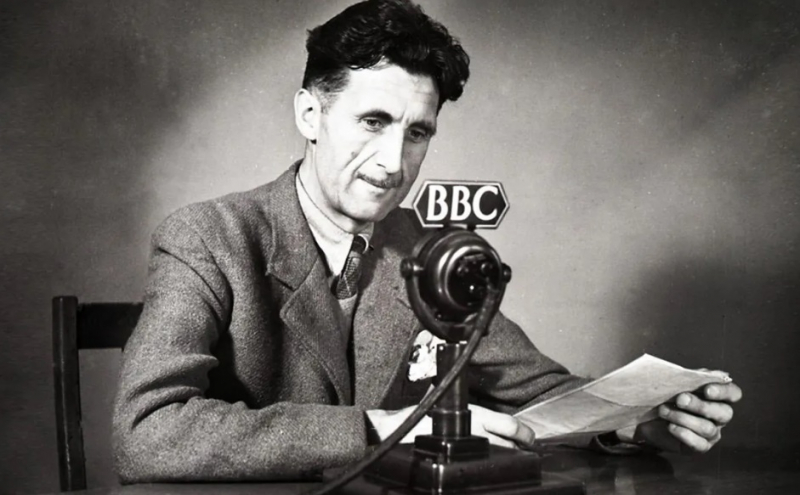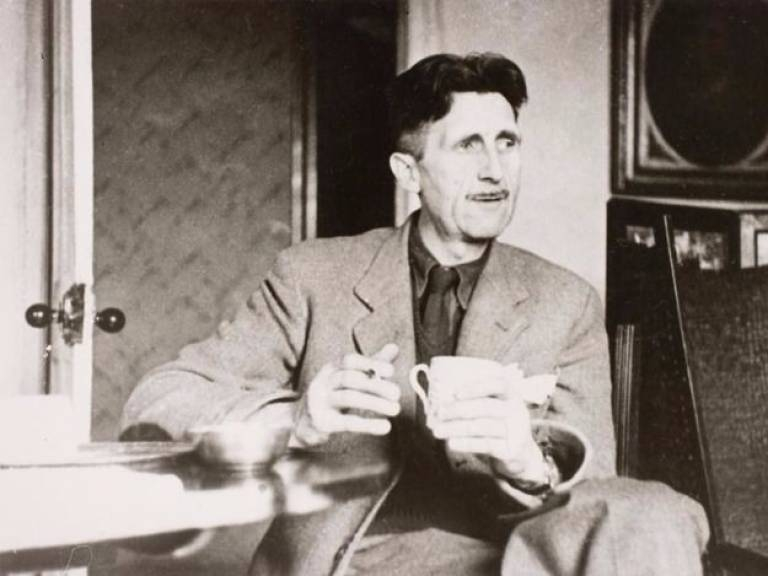He worked for the BBC
One of the interesting facts about George Orwell is that he worked for the BBC. When World War II broke out, Orwell's wife Eileen began working in the Ministry of Information's Censorship Department in central London. Early in 1941, he began writing for the American Partisan Review, which connected Orwell with The New York Intellectuals, who were also anti-Stalinists and contributed to the Gollancz collection The Betrayal of the Left, which was created in response to the Molotov-Ribbentrop Pact. He also applied for and was denied a job with the Air Ministry. Meanwhile, he continued to write book and theatre reviews and met novelist Anthony Powell around this time. He also contributed to a few BBC Eastern Service radio broadcasts.
Orwell finally found war work in August 1941, when he was hired full-time by the BBC's Eastern Service. When interviewed for the job, he stated that he recognized totally the need for government-directed propaganda and emphasized the importance of discipline in the execution of government policy during wartime. He oversaw cultural broadcasts to India in response to Nazi Germany's propaganda aimed at undermining Imperial ties. This was Orwell's first taste of the harsh conformity of office life, and it provided him with the opportunity to produce cultural events featuring T. S. Eliot, Dylan Thomas, E. M. Forster, Ahmed Ali, Mulk Raj Anand, and William Empson, among others.
Orwell launched Voice, a literary program for his Indian broadcasts, at the BBC, and by this time was having a lively social life with literary colleagues, particularly on the political left. Late in 1942, he began writing on a regular basis for the left-wing weekly Tribune, which was edited by Labour MPs Aneurin Bevan and George Strauss. Orwell's mother died in March 1943, and around the same time, he told Moore that he was commencing work on a new book, which turned out to be Animal Farm. Orwell resigned from the BBC role he had held for two years in September 1943. His departure came after a report confirmed his suspicions that few Indians were listening to the broadcasts, but he also wanted to focus on writing Animal Farm.









